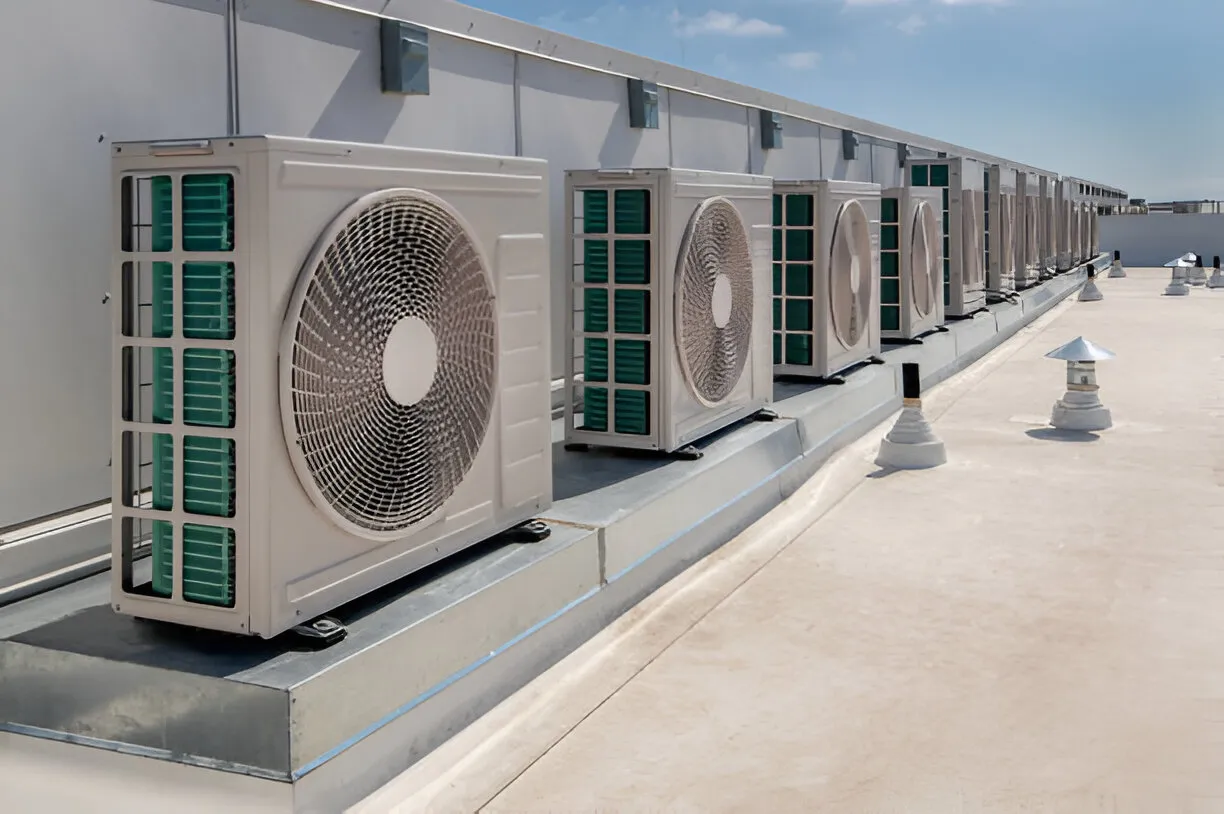HVAC Repair in Lawrenceville, GA
HVAC repair Lawrenceville GA — fast, reliable service with on-site diagnostics. Learn more and schedule your repair today.

HVAC Repair in Lawrenceville, GA
When your heating or cooling stops working properly, it affects comfort, indoor air quality, and energy bills fast. HVAC Repair in Lawrenceville, GA delivers reliable, expert service built for our local climate: hot, humid summers, pollen-heavy springs, and occasional winter cold snaps. Whether you need same-day fixes or 24/7 emergency HVAC repair Lawrenceville homeowners trust, this page explains what to expect, common problems we diagnose, and how repairs are completed with transparent estimates and clear warranty details.
Why timely HVAC repair matters in Lawrenceville, GA
- Summers in Lawrenceville often push systems hard. A failing compressor or low refrigerant can turn a home into an unsafe environment quickly.
- High humidity and pollen lead to clogged filters, condensate drain issues, and indoor air quality problems if left unaddressed.
- Small issues (short cycling, noisy operation) commonly escalate into major failures and higher energy costs. Prompt repair saves money and extends equipment life.
Common HVAC repair issues in Lawrenceville
Here are the repairs frequently requested by local homeowners and what typically causes them:
- Compressor failure or outdoor unit not running
Causes: electrical faults, capacitor failure, motor wear, or refrigerant problems. Compressors are costly components; accurate diagnostics determine repair vs replacement. - Refrigerant leaks and low charge
Causes: corrosion, physical damage, failed fittings. Low refrigerant reduces cooling capacity and can damage the compressor if ignored. - Thermostat and control problems
Causes: faulty sensors, wiring, or programming issues. Thermostat faults often masquerade as system failures but are inexpensive to fix. - Airflow and duct issues
Causes: dirty filters, blocked vents, failing blower motors, or leaky/undersized ducts. Poor airflow reduces comfort and increases system strain. - Drain line clogs and condensate problems
Causes: biological growth and debris—particularly common in humid climates like Lawrenceville—leading to water leaks or system shutdowns. - Strange noises or odors
Causes: loose components, failing bearings, electrical arcing, or mold; odors require prompt attention for health reasons.
On-site diagnostics and troubleshooting process
A good repair visit begins with a methodical inspection and clear explanation:
- Initial symptom review - Technician documents what you’re experiencing and checks for safety concerns.
- Visual and electrical inspection - Panels, capacitors, contactors, wiring, and control boards are examined.
- Refrigerant, pressure, and temperature checks - Gauges and thermal readings verify cooling performance and leak signs.
- Airflow testing - Static pressure, return/ supply flows, and filter condition are assessed.
- System operation test - Full system cycle verifies startup, run behavior, and thermostatic control.
- Transparent estimate - Findings are explained in plain language with itemized parts, labor, and warranty information before any work begins.
Repairs, parts replacement, and warranty details
- Common repairs: capacitor replacement, contactor and relay swaps, blower motor repair, thermostat replacement, refrigerant leak repair with recharging, and compressor replacement when needed.
- Parts selection: Technicians recommend OEM or high-quality aftermarket parts based on system age and long-term value.
- Warranties explained: Estimates include the warranty status for parts and labor. Typical protections include manufacturer limited warranties on new parts and service provider labor warranties for a defined period. All warranty terms are provided in writing at the time of repair approval.
- When replacement is recommended: If repairs are frequent, the system is inefficient, or the compressor has failed, the diagnostic will include a comparative recommendation for replacement with lifecycle and efficiency considerations.
Technician qualifications and safety procedures
- Certifications: Technicians are EPA refrigerant certified and commonly hold NATE or equivalent credentials. These qualifications ensure safe refrigerant handling and correct system servicing.
- Ongoing training: Technicians receive regular training on new equipment, diagnostic tools, and local code changes relevant to Gwinnett County and the greater Lawrenceville area.
- Safety practices: Standard procedures include PPE use, lockout/tagout on electrical components, refrigerant recovery per EPA rules, and strict disposal of old parts and refrigerants. For homes with vulnerable occupants, technicians follow protocols to minimize disruption and contamination.
- Code compliance: Repairs and replacements follow local permitting and code requirements, including refrigerant handling and ventilation standards.
What to expect during a repair visit
- Technician arrival within the scheduled window (or emergency response for after-hours calls), identification, and brief overview of the inspection plan.
- Diagnostic walk-through with you, including photos or readings when applicable, followed by a written estimate.
- Your approval is requested before any repair work begins. Work typically includes parts replacement, system cleaning, and functional testing.
- Post-repair verification: system run test, thermostat calibration, and cleanup. Technicians leave a summary of work performed and warranty details for parts and labor.
Scheduling and emergency response
Emergency HVAC repair Lawrenceville services are available for heat-related failures, frozen coils causing HVAC shutdowns, or drainage issues that risk water damage. Normal service visits can be scheduled for non-emergencies with same-day or next-business-day availability, and dispatch times reflect local traffic and weather conditions.
Preventive maintenance and long-term benefits
- Seasonal tune-ups reduce emergency calls and improve efficiency—especially important in Lawrenceville’s humid summers. Regular filter changes, coil cleaning, and refrigerant checks minimize strain and mold growth.
- Duct sealing and airflow optimization improve comfort and reduce energy loss in older homes common in the area.
- Smart thermostats and zoning upgrades can stabilize temperatures and lower bills in larger or multi-level Lawrenceville homes.
Timely HVAC repair in Lawrenceville, GA protects comfort, health, and energy budgets. Accurate diagnostics, qualified technicians, transparent estimates, and clear warranty details make repairs predictable and trustworthy. Regular maintenance tailored to local climate factors—humidity, pollen, and seasonal temperature swings—keeps systems running reliably year-round.

Financing
Our financing solutions are designed to meet your unique needs, offering flexibility and support for your financial goals.

Financing
Hearth Financing helps make your HVAC upgrades more affordable with personalized payment plans and flexible options.

Customer Testimonials
Our customers consistently praise our exceptional service and attention to detail, making us a trusted choice for all your HVAC needs.










